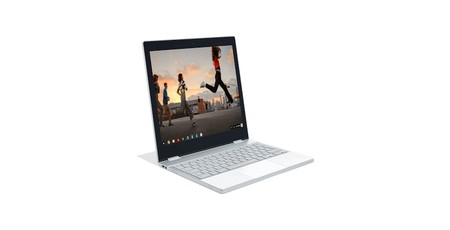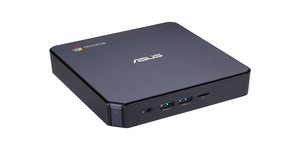
Google appears to be working to extend the functionality of its locked-down Chrome OS platform, adding the ability to run generic Linux software in a virtual machine under the project codename Crostini.
While Chrome OS is built around the same Linux kernel as Google's more popular Android operating system, the two are very different. Chrome OS is designed to be minimalist, running its entire user interface within a version of the Chrome browser and concentrating its efforts on support for web applications rather than native software. The result, Google trumpets, is a fast platform with greater than usual protections against viruses and other malware - but one which can't run legacy applications.
Crostini, a write-up based on analysis of recent code commits on the Chrome OS project by Chrome Unboxed suggests, could change that. Claimed in comments to be a system for running a generic Linux virtual machine on top of Chrome OS, Crostini would allow for legacy applications - even extending to third-party browsers like Firefox - to run on an unmodified Chrome OS device, without the need to set up a secondary operating system as with traditional unofficial and very-much-unsupported methods.
The move wouldn't be the first time Google has sought to expand the software available to its Chrome OS users: Last year the advertising giant announced support for Android applications to selected Chromebook devices. It may also explain why Google's own Chromebook Pixel devices have specifications considerably higher than is required for most web applications, with its latest Pixelbook two-in-one boasting an Intel Core i7 processor, 16GB of RAM, and 512GB of NVMe storage in its top configuration.
Google, for its part, has not commented publicly on what appears to be a beta test of the Crostini project nor on when the feature may or may not go public - though Chrome Unboxed points to code suggesting that it will be supported on Chrome OS version 66, scheduled for an April release.

MSI MPG Velox 100R Chassis Review
October 14 2021 | 15:04








Want to comment? Please log in.